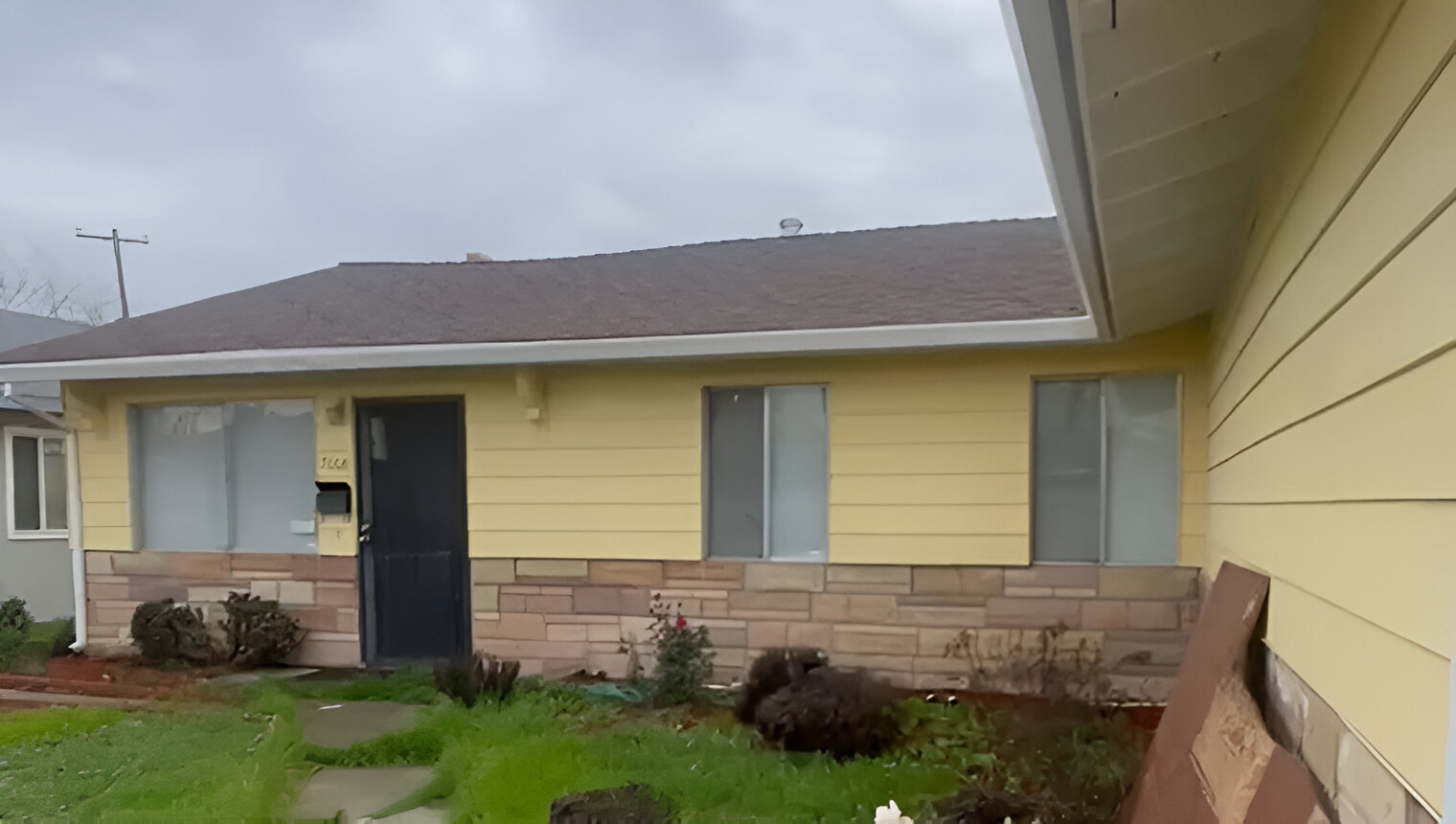
Is It Better to Sell Your House As-Is or Fix It Up?
Homeowners thinking about selling often face one big decision. Should you spend time and money fixing your house, or sell it as-is and move on quickly?
The answer depends on your goals, budget, and timeline. Both options have advantages, but they are most effective in different situations.
Here is what to consider before deciding whether to repair or sell your home as-is.
1. Understanding What “As-Is” Really Means
Selling a home as-is means you are offering it in its current condition. You are not making repairs, upgrades, or cosmetic improvements before listing.
Buyers know they are purchasing the property precisely as it stands, which often attracts cash buyers or investors.
For homeowners who need to sell quickly or prefer not to invest in renovations, this can be an ideal solution. However, it may also mean receiving slightly lower offers than a fully updated home.
What “As-Is” Sale Involves
| Factor | As-Is Sale | Repaired Home |
|---|---|---|
| Repairs Made | None | Completed Before Sale |
| Buyer Type | Cash Buyers / Investors | Retail Buyers |
| Average Closing Time | 7–14 Days | 45–60 Days |
2. When It Makes Sense to Fix Up Your House
Fixing up your home before selling can lead to a higher selling price, but it requires time, money, and patience. If your property only needs minor updates, such as painting, landscaping, or small repairs, making improvements could be worthwhile.
Consider fixing up if:
- You have the time to wait for a traditional buyer
- You can afford renovation costs
- Your local market has a high demand for move-in-ready homes
Even minor upgrades, such as repainting or replacing outdated fixtures, can improve your home’s value.
Typical Renovation Costs vs Value Added
| Project | Estimated Cost | Average Return |
|---|---|---|
| Fresh Paint | $2,000–$3,000 | Up to 80% |
| Kitchen Updates | $10,000–$20,000 | 60–75% |
| Bathroom Remodel | $8,000–$15,000 | 65–70% |
While updates can raise your home’s value, they also delay your sale and may not guarantee a full return on investment.
3. When Selling As-Is Is the Better Option
If your home requires significant repairs or you need to sell quickly, selling as-is is often the more sensible option. You can avoid expensive renovations, save time, and move forward with less stress.
Selling as-is makes sense if:
- The property needs major repairs, such as a new roof or foundation work
- You are relocating soon or facing a financial deadline
- You do not want to manage contractors or renovation projects
Cash home buyers often specialize in purchasing homes in as-is condition. They can provide fair offers based on current market value and close in days rather than months.
Selling As-Is vs Fixing Up
| Factor | Sell As-Is | Fix It Up |
|---|---|---|
| Upfront Costs | None | High |
| Time to Close | Fast | Slow |
| Stress Level | Low | High |
4. Balancing Profit and Convenience
Many sellers assume that fixing up always leads to higher profits, but this is not always the case. When you factor in repair costs, commissions, and months of waiting, the profit difference between selling as-is and fixing up often becomes smaller.
For example, if you spend $25,000 on repairs to increase your home’s value by $30,000, the actual gain may only be a few thousand dollars after fees and time spent. For homeowners who value convenience, a fast as-is sale can be the more practical choice.
Why We Think This Is Important
Deciding whether to sell your house as-is or make repairs depends on what matters most, like speed, convenience, or maximizing profit. If your goal is to move quickly and avoid repair costs, an as-is sale offers simplicity and certainty.
If you have time and resources to invest, fixing up may deliver a slightly higher return. Understanding both sides helps you make an informed decision that fits your situation and goals.
Every homeowner’s timeline is different, and the best choice is the one that reduces stress while meeting your financial needs.
FAQs
It means selling the home in its current condition without making any repairs or improvements before closing.
Usually, yes, but you also save on repair costs, agent fees, and months of waiting, so the outcome can be similar.
Cash buyers can often close within 7 to 14 days, while traditional sales may take 1 to 2 months or more.
Minor improvements, such as cleaning, decluttering, or fresh paint, can be beneficial, but avoid incurring significant expenses unless necessary.
Cash buyers, investors, and companies that specialize in quick purchases often buy homes sold as-is.
